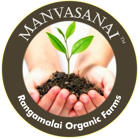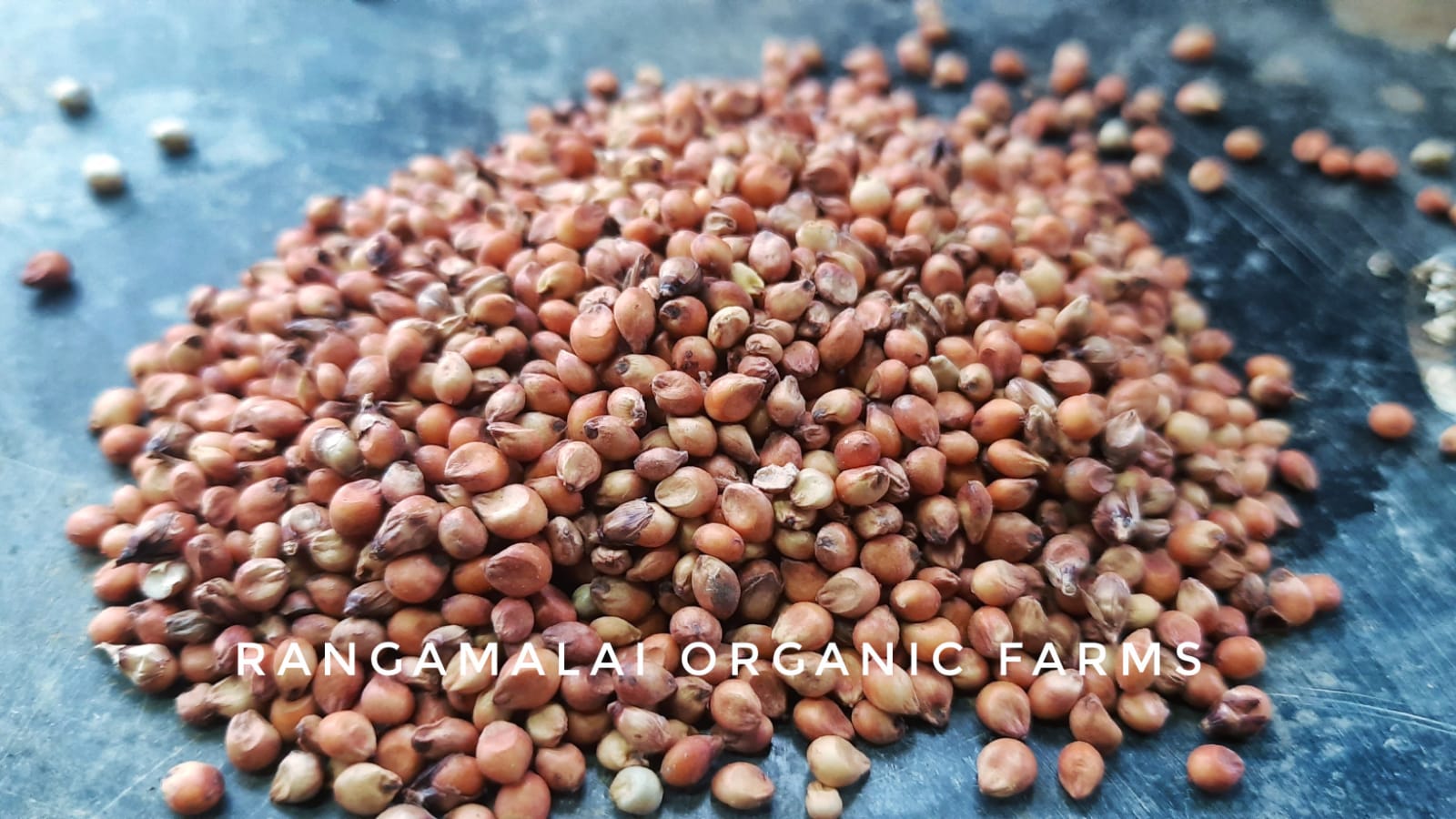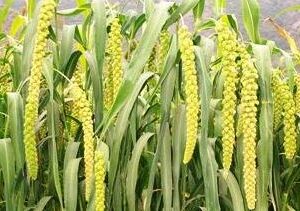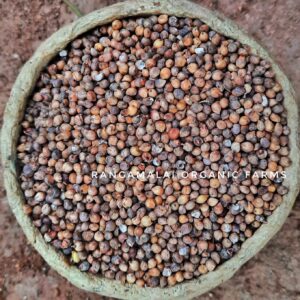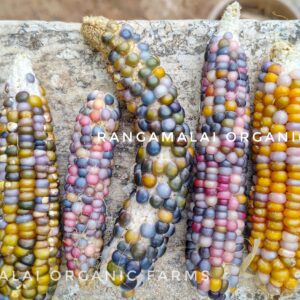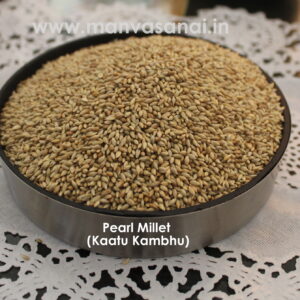Description
| Seed type | Maize |
| Plant Name | Red Sorghum / Red Cholam Seeds |
| Family | Poaceae |
| Botanical Name | Sorghum bicolor L |
| Sowing Seasons | All seasons |
| Spacing | 15 cm between seeds in the rows which are 45 cm apart |
This is one of the traditional varieties in Salem district. The duration of the crop is 120 days and suitable for all the seasons. The color of the grain is dark reddish, ear heads are medium sized and oval in shape. After maturation, the ear heads are harvested by using knife and it is sun dried upto 2-3 days. The grains are separated manually by using sticks. This seeds can be used for next sowing after three months.
Buy Once and Build Your Seed Bank!
Our farm’s Community Seed Bank preserves and cultivates Open Pollinated Native seed varieties that are both organic and sustainably grown. We distribute seeds in limited quantities, expecting gardeners or farmers to propagate them and establish their seed bank. Get ready for a happy and fruitful farming experience!
SEED TREATMENT:
Soaking seeds before sowing can greatly improve their chances of germination and growth. There are several methods of soaking seeds, and one of the most popular methods is soaking them in water. All you need to do is immerse the seeds in water for about 24 hours before planting them in grow bags. This method is particularly useful for seeds that have hard seed coats, which can prevent water from penetrating and germination from occurring.
Another method of soaking seeds is to soak them in cowdung slurry. This is a traditional method that has been used in India for centuries. Cowdung slurry is believed to contain natural growth-promoting substances that can help seeds germinate faster and grow stronger. To prepare the slurry, mix cow dung with water to make a thick paste, and then immerse the seeds in the mixture for about 48 hours. After soaking, rinse the seeds in clean water before planting them in grow bags.
Both of these methods can be effective in improving the germination and growth of seeds. However, it’s important to note that not all seeds require soaking, and some may even be harmed by it. Be sure to research the specific needs of the seeds you are planting and use the appropriate method accordingly.
